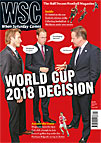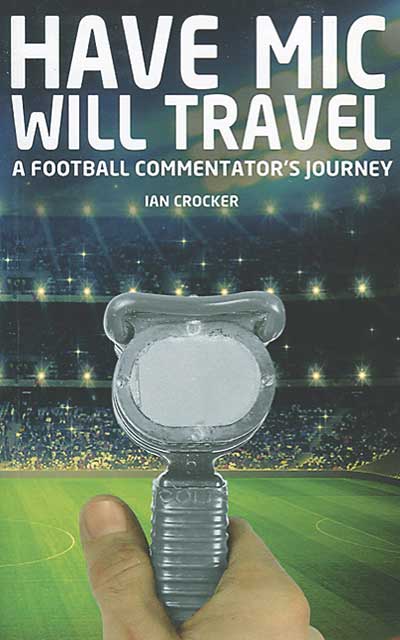 Dear WSC
Dear WSC
Howard Pattison (Sign of the times, WSC 286) wonders why there are so few official plaques to footballers in London, but goes on to answer his own question: most of the big names from the pre-war era were based in the north-west, and all the more recent players mentioned in the article died less than 20 years ago. The “20-year rule” – which applies to all suggestions made under the London-wide blue plaques scheme – is designed to ensure that the decision to commemorate an individual is a historical judgement, made with the benefit of hindsight. I could agree that Bobby Moore is as good a case as any for making an exception – but where, then, would you draw the line? The blue plaques scheme is run almost entirely on the basis of public suggestions. In recent years, considerable efforts have been made to increase the hitherto small number of nominations that have come in for sporting figures, including footballers. This has brought some success – Laurie Cunningham and Ebenezer Cobb Morley, the FA’s first secretary and author of the first football rulebook, are now on the shortlist for a blue plaque. As time goes on, more outstanding players and managers will become eligible for consideration, and surely join them. In view of this – and, among other projects, the involvement of English Heritage in the Played in Britain publications and website – the charge that “those who administer our heritage simply don’t see football as part of it” seems about as close to the target as a Geoff Thomas chip.
Howard Spencer, English Heritage
Read more…
 A football commentator’s journey
A football commentator’s journey 
